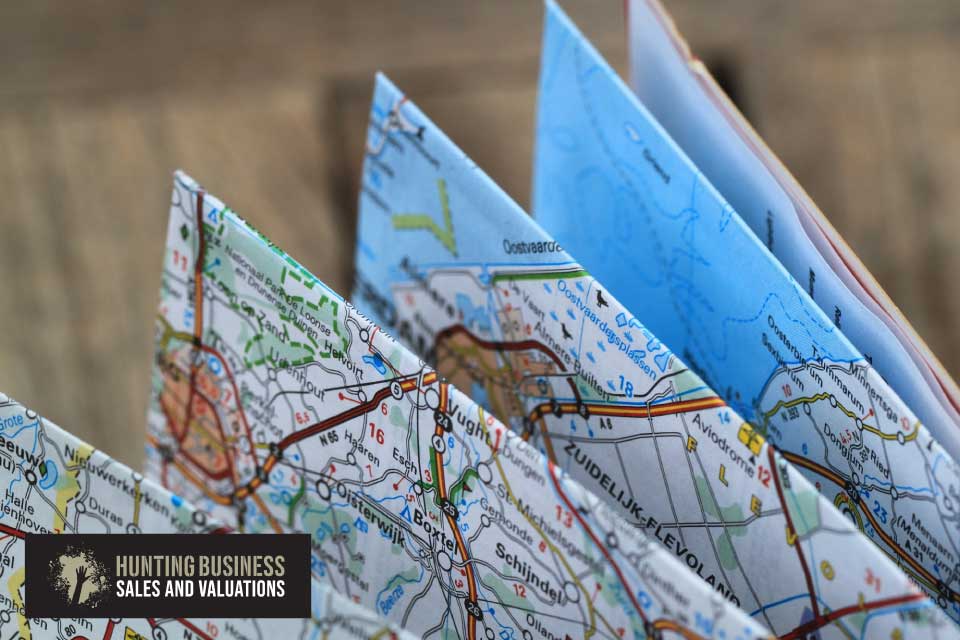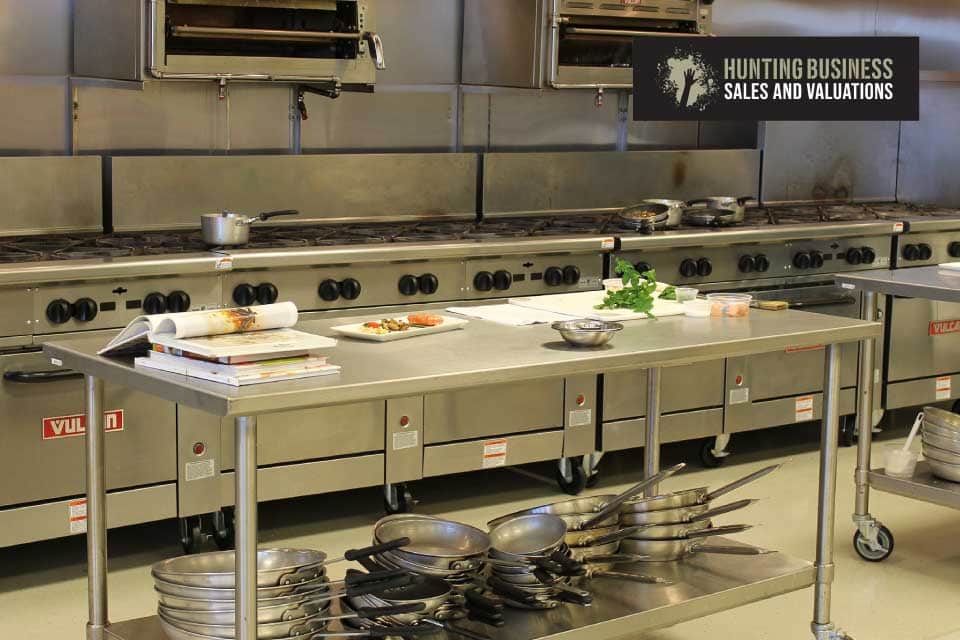Food Truck Business, Greater than the Sum of Its Parts
The owner of a food truck business asked me recently about how to go about building a good business. He wanted to expand, and he wanted to make sure that he was adding value to his business so that eventually he could sell it and reap the greatest rewards.
Although the question was easy, the answer was hard. It required some thought.
The gentleman with the food truck business who asked had a history in business that had met with this type of success in the past. He usually started a business rather than purchasing one and used his high level of acumen to grow the business and generate quite high profits from it.
Although the businesses he had in the past varied, they had at least two things in common that the current business did not share.
How is a Food Truck Business Different
From an initial analysis, the biggest difference that was that they operated out of a fixed location. This allowed them to enjoy exclusive and undisturbed use.
The food truck business did not have this attribute. Every day, it would set up wherever it believed it would be profitable to do so. Part of the business owner’s job was to scout for locations to set up the truck.
Another difference was plant and equipment involved in the food truck business.
Each truck required a sizable investment to purchase and fit out. It is difficult to see how the value of the vehicles would not dominate the value of the business. This sets the business up so that a large proportion of the business value was simply the net asset value of the trucks.
I attribute much of the value of the food truck business to the value of the trucks. It will crowd out the goodwill value that the business should generate in a sale.
PROFITS ARE MULTIPLIED WHEREAS ASSETS ARE NOT
Businesses that create value and real capital gain are those businesses that sell for a multiple of profits. The plant and equipment are not a dominant factor in that value.
If your business value depends on the value of plant and equipment, it will fall into the category of an asset sale. An asset sale is uncomfortably close to a fire sale and does not reap substantial rewards. You do not attract multiples on an asset sale.
A similar business to the food truck business would be a transport or trucking business. I currently have one for sale.
Many buyers I have spoken to expect to purchase the business for the value of the trucks. This is the issue a broker has to face with this type of business and the task is to find the goodwill above the value of the trucks.
If you want to learn about why bother with a business broker, read this article. Why Bother with a Business Broker?
Before discussing what generates value in these types of businesses, it is worth saying something about the truck valuations.
The value of trucks oscillates with the business cycle. A struggling economy will affect the value of the fleet so that the market value collapses to an auction value.
The difference here is that the auction value of these vehicles is when they stand alone and do not have work associated with them. This can be a fraction of their value when they are part of a profitable business.
When the business cycle is positive is the best time to sell a business with a large holding of plant and equipment like a truck or transport company. Read this article to understand a bit more about the business cycle. When is the Best Time to Sell a Business It suggests avoiding things like the Global Financial Crises or a Covid Pandemic if you want to sell your business.
Returning to the trucking business and my discussions with buyers. When they asked me why they should pay more for the business than just the value of the trucks, my response has been fairly simple.
If they want a pile of trucks, you don’t need to buy a business to get them. You can go straight to the truck store. If they want a pile of trucks and a profit, you will need to pay more than just the value of the trucks.
A SIMPLE METHOD FOR VALUING A FOOD TRUCK BUSINESS
A rule of thumb that business valuers use is to add a year of adjusted profit to the value of the trucks and make that the starting point for the price of the business. In this sense, there is feedback between the plant and equipment and the business that allows for the creation of goodwill. The business bolsters the value of the fleet and the fleet, if they operate well it, provides the profit to create the goodwill.
So how does this example relate to the food truck business mentioned at the outset of this article?
The lesson is that the food truck business has to have this feedback about it. This has to be built into its operation. Otherwise, buyers will hungrily eye the fleet and not assign a value to the goodwill created by its operation.
This is where the magic of being a business owner is required.
Feedback
Feedback occurs when the different facets of the operation fit with each other. With the food truck business, details to be considered would include:
- would the different trucks be able to work with each other to combine in providing a further service or offering?
- Where are the trucks kept when not in operation?
- Who does the maintenance and is this centralised?
- Is there a commercial kitchen where food preparation occurs besides the food preparation on the trucks?
- Is there a centralised booking service for customers who have a function?
- Do food trucks pay for locations?
- How much does a food truck cost?
- Has it reached a scale where coordinated promotion can work?
- Is this a model that can facilitate corporate ownership and use employed staff or does it have to change to a franchise or licence model?
- Do the trucks operate in the smallest possible geographic area and how large is that?
I have written about businesses with high tangible assets before here Valuing Businesses with High Tangible Assets, some points noted in this article would apply to a food truck business.
If you would like to read about economic matters, I suggest you visit my website Harry Notaras Personal Economist Insights from my personal economist page will help you better understand the business and economic landscape.



